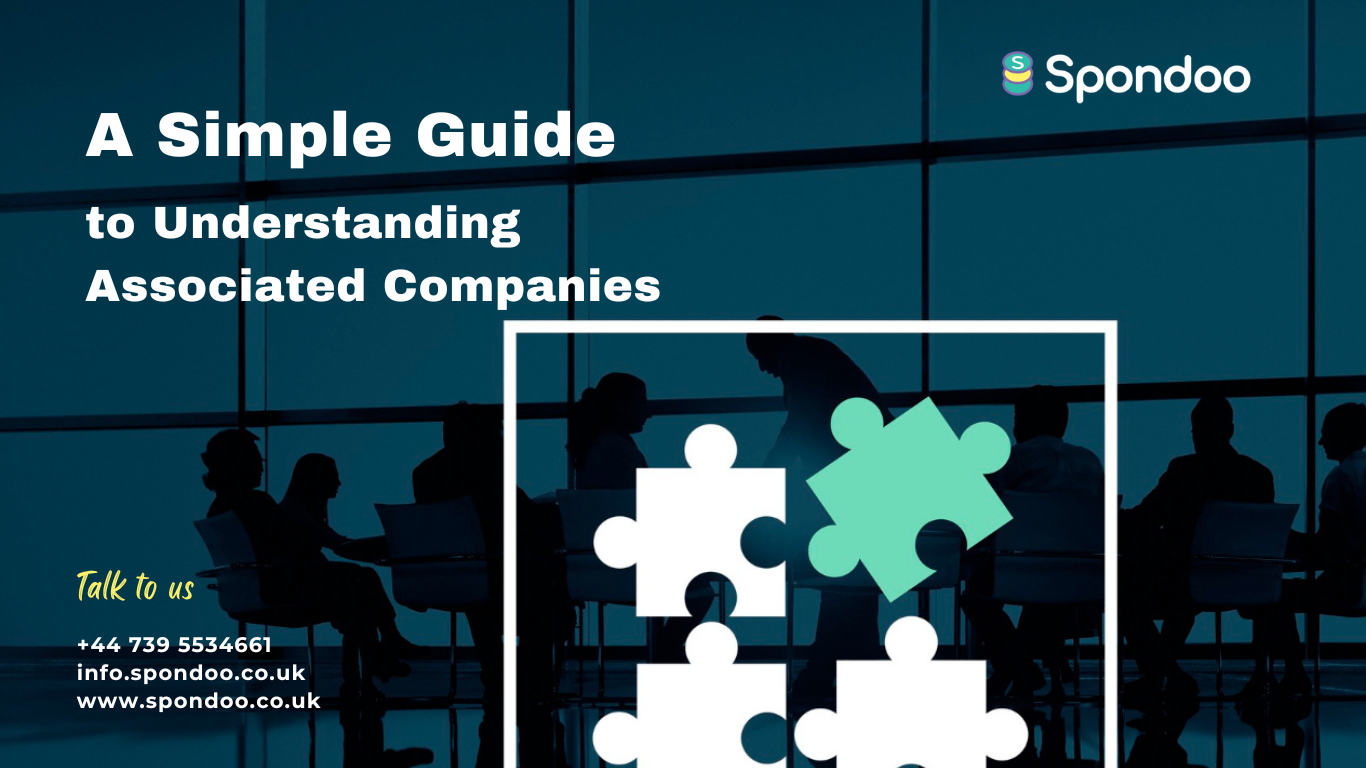
Since April 2023, understanding "Associated Companies" has become essential for businesses due to changes in corporation tax rules. This article clarifies what constitutes an associated company and helps you determine if your business qualifies as one.
There are two key changes to corporation tax which took effect in April 20223:
Two companies are considered associate if:
There are a few exceptions to the general rule:
Dormant Companies: Companies not actively trading are generally not considered associated.
Non-trading Holding Companies: A holding company that doesn't trade itself might be an exception (consult a tax advisor for confirmation).
Control refers to the ability to influence a company's affairs. Here are some factors to consider when determining if someone or a group has control:
Companies are deemed associated if they are controlled by the same minimum combination of individuals. This means that the group of shareholders who have control over these companies must be identical.
The minimum controlling combination refers to a group of individuals who, together, have control over the company. This group must be such that if any one member were removed, the group would no longer have control.
Use this two-step approach:
Do you (or you and your associates) hold a majority of shares and voting rights in multiple companies?
If yes, consider the following for each potentially associated company:
This test applies only if control is unclear, for example, when shareholding is nearly equal between parties. It assesses significant connections in three areas:
Financial: Does one company financially support the other or share financial interests?
Economic: Do the companies have similar goals, benefit each other's activities, or share customers?
Organisational: Do they share employees, management, or resources (premises, equipment)?
Not all three areas in the Substantial Commercial Interdependence Test need to be connected for companies to be considered associated. For instance a strong financial link could be enough to establish an association even without economic or organisational ties.
The 10% Rule: HMRC guidance suggests a 10% threshold for financial indicators, but the overall picture determines association.
If you identify an associated company, inform your tax advisor.
Don't hesitate to contact us for expert guidance and solutions. Reach out and let's chat to discuss your specific situation.
